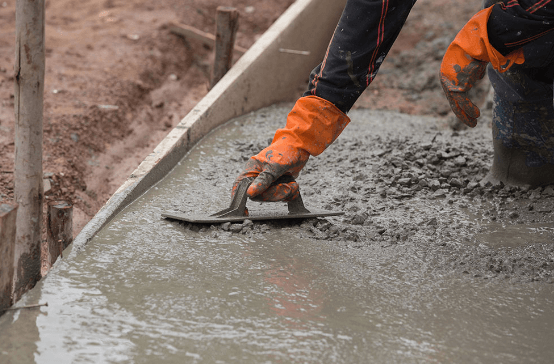
How to Choose the right Concrete for the Job
Concrete is a versatile building material that you can use for everything from sidewalks to driveways, patios, and more. It’s also incredibly durable, so you don’t have to worry about cracking or crumbling over time. However, not all types of concrete are equal. If you decide on a high-quality product from the start of your project, the finished product will last longer and look better over time than cheaper options.
Decide the concrete type.
Many types of concrete are available in the market. It includes Normal Strength Concrete, Plain or Ordinary Concrete, Reinforced Concrete, Precast Concrete, and polymer concrete. You need to choose concrete that has durability and can withstand harsh conditions. You should choose the product that has long time warranty. Only polymer concrete has all these properties.
Once you have your concrete, the next step is to decide how to use it. Concrete has many different uses. You can pour it into forms to create structures such as floors and walls. And you can pour it directly on the ground for driveways or patios. You can shape the concrete into columns and other elements of a building structure that need to bear weight from above. A variety of other applications include commercial, industrial and residential uses.
Consider the thickness
The project’s thickness is crucial when choosing a polymer concrete for your home or business. You will want to make sure that you choose a polymer concrete that is strong enough to withstand the weight of your project but not too strong because it can be hard to work with and costly in labor costs.
Mortar
Mortar is the glue that holds brick and stone together. Using the right type of mortar is important because it will affect how well your project lasts.
Here are some things you should look for in good mortar:
- Is it strong enough? If a mortar is too weak for its job, it could crack or crumble during installation. On the other hand, if a mortar is too strong (or “tight”), it may be difficult to apply between bricks or stones without damaging them.
- Does it have good bonding properties? A good bonding agent will hold pieces of masonry together. So they don’t fall out over time due to weathering changes in temperature or moisture content levels throughout the year. However, too much bonding strength can create an overly stiff material with less flexibility. This need between individual units when flexing under load conditions such as earthquakes!
- How well does this product work at keeping water out? Water infiltration through cracks between bricks and tones can cause damage over time. This is because there isn’t as much room inside these surfaces as on outside ones.
Sand
Sand is the largest component of concrete, and it’s also a natural material. It comes in many different types, so choosing the right one for your project depends on what kind of concrete you want to make.
Waterproofing
Waterproofing is the most important part of concrete. It protects against moisture and water seepage, which can compromise the strength and durability of a building structure. If you want your building to last for decades or even centuries, you need to choose a waterproofing material that will not allow water to penetrate through cracks in the concrete foundation.
Final Words
In general, it’s best to use polymer concrete that is especially for your job. The first step in deciding what type of concrete to use is to decide what kind of project you have. For example, an anti-slip mix will be the best option if you need a non-slip surface for safety reasons. If your project requires high strength or durability, use polymer concrete.




